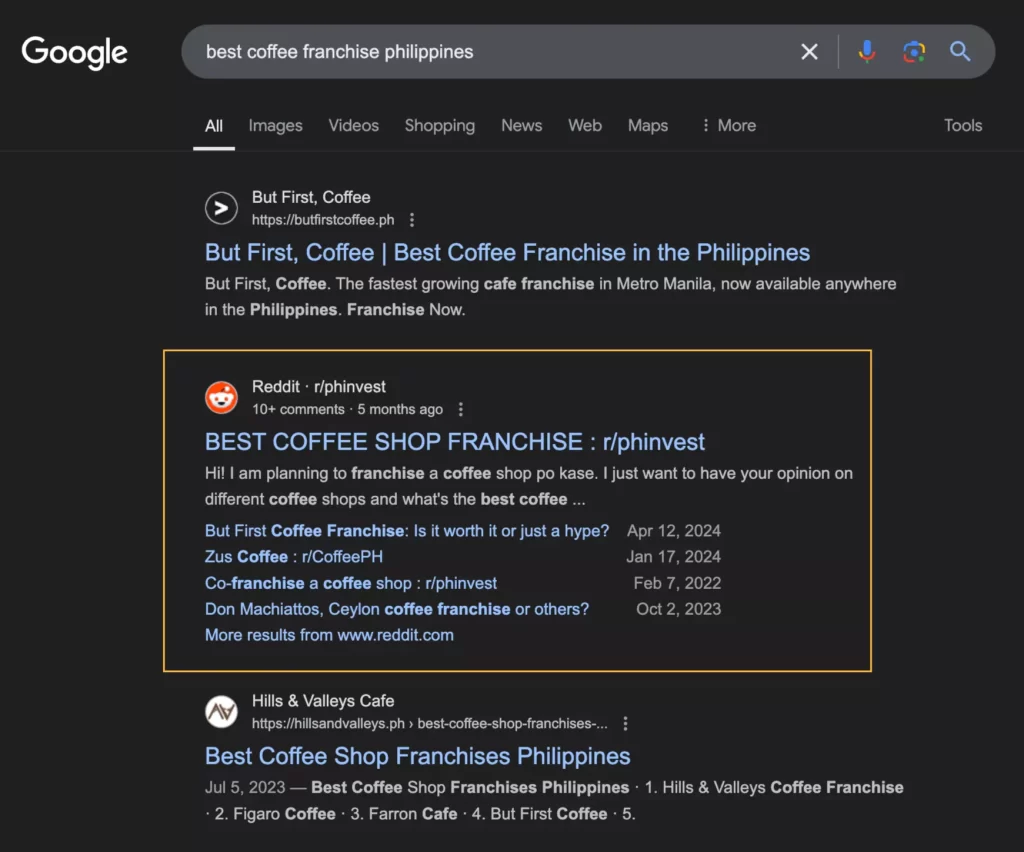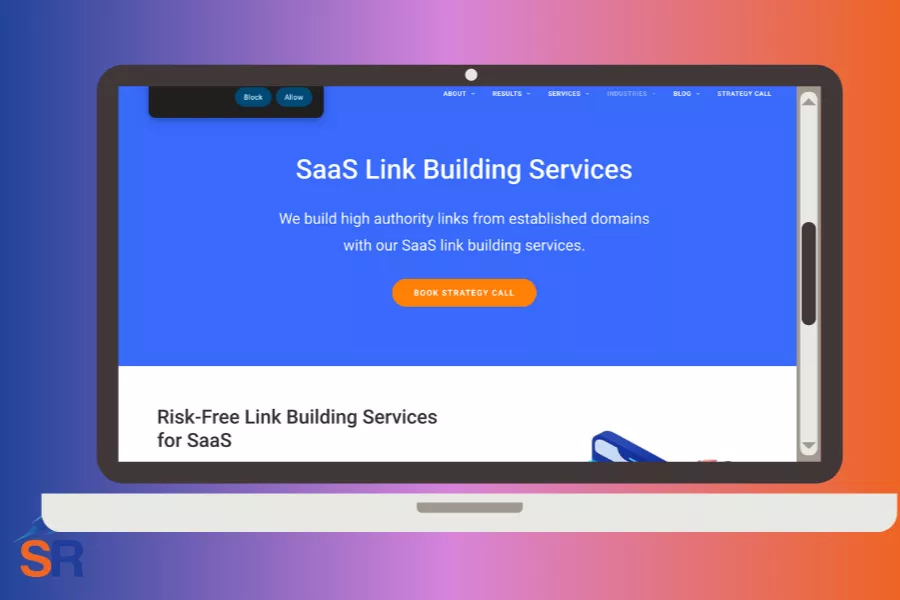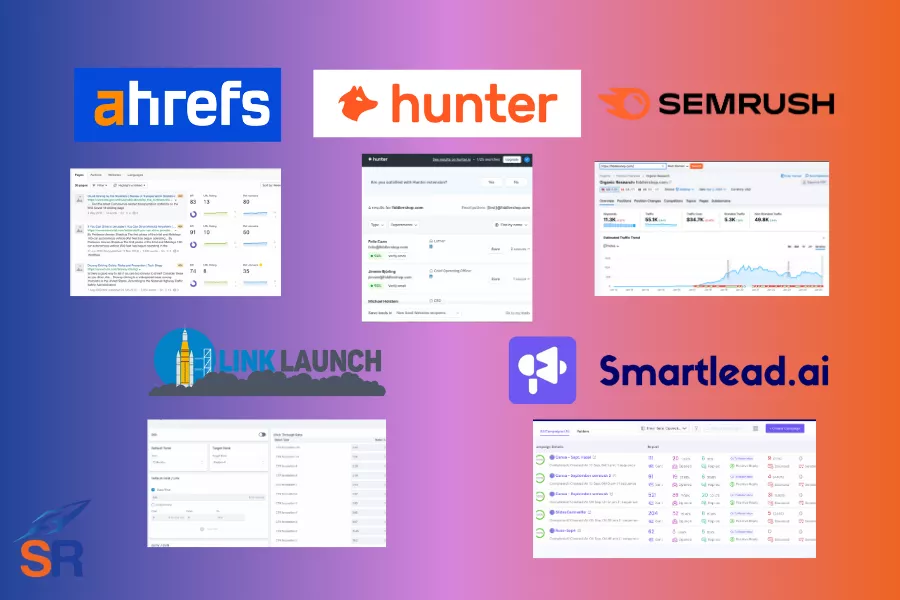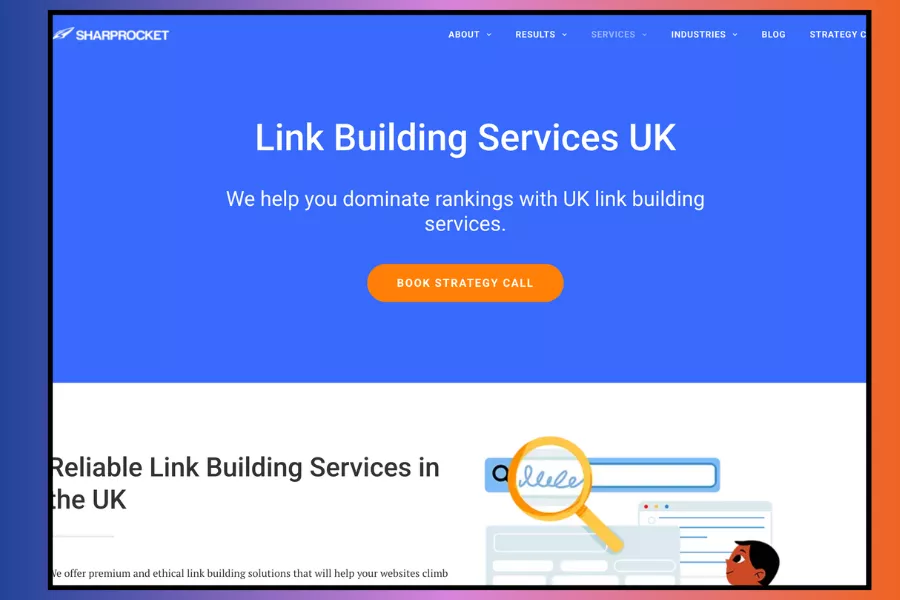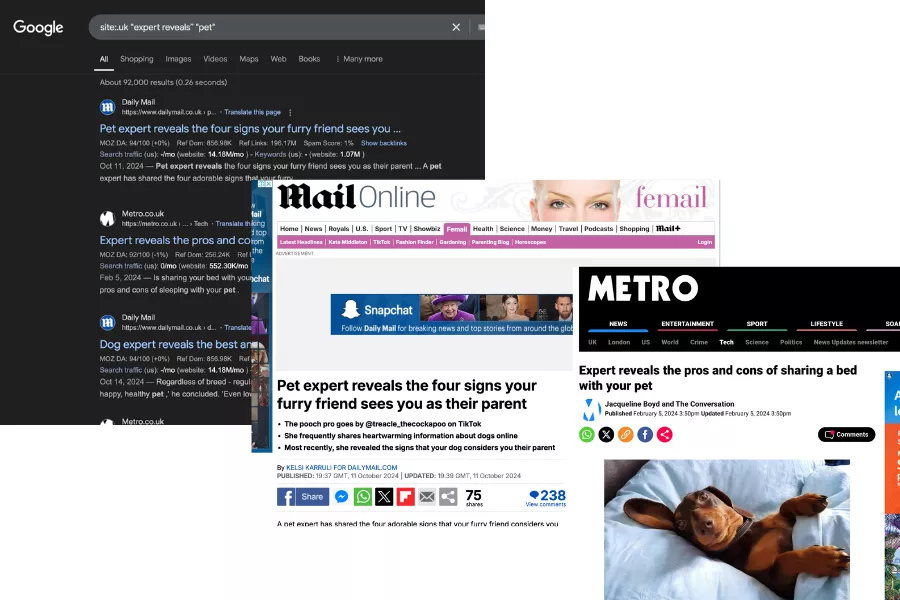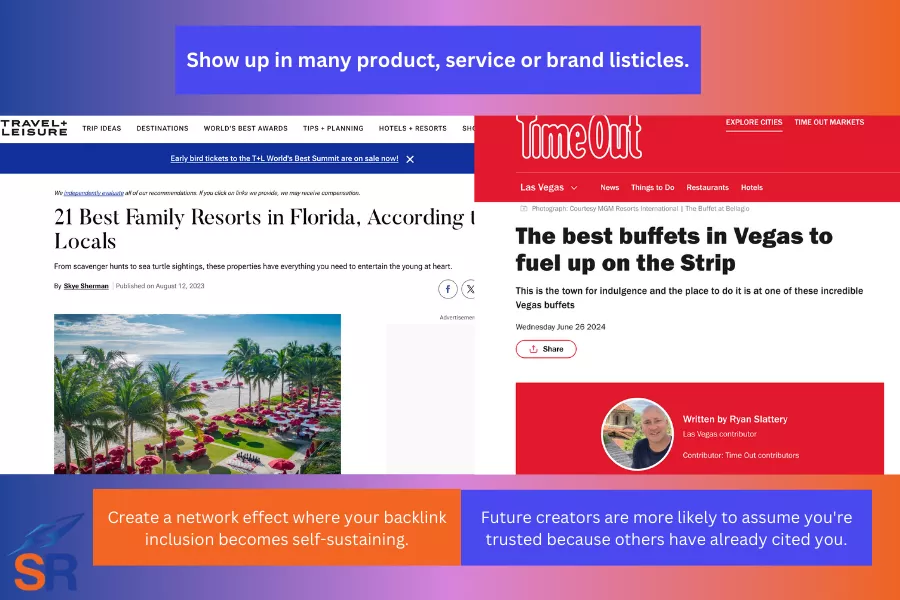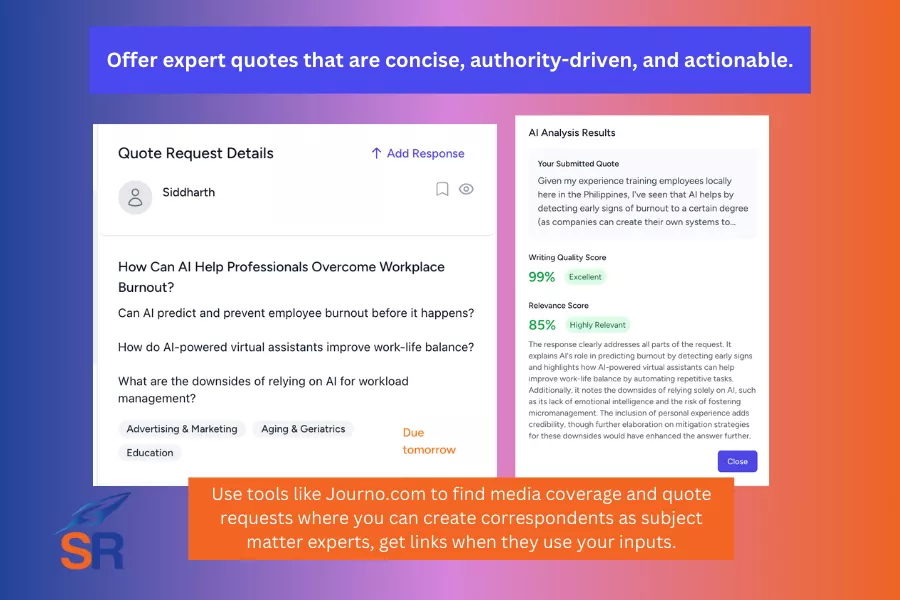Link building has always been one of the most challenging areas of SEO.
It will get more difficult these days, especially in highly competitive spaces, as most Google core updates and HCU updates strongly favor brands (sites with stronger link profiles, brand searches, and mentions from reputable sites), emphasizing the need for better types of backlinks.
The notion of getting only quality links doesn’t apply in ranking sites today. Link building should be about getting more quantity of the quality links that count.
Google’s algorithms are smart enough to distinguish between a high-quality editorial mention and a spammy, low-value link. Focusing on quality links alone won’t make it. You have to acquire more to maintain rankings and strengthen brand positions.
The links you aim to build should meet at least these two primary criteria:
- High-quality: Links from authoritative, relevant sites within your industry.
- Hard-to-replicate: Links that your competitors cannot easily reproduce, giving you a competitive advantage.
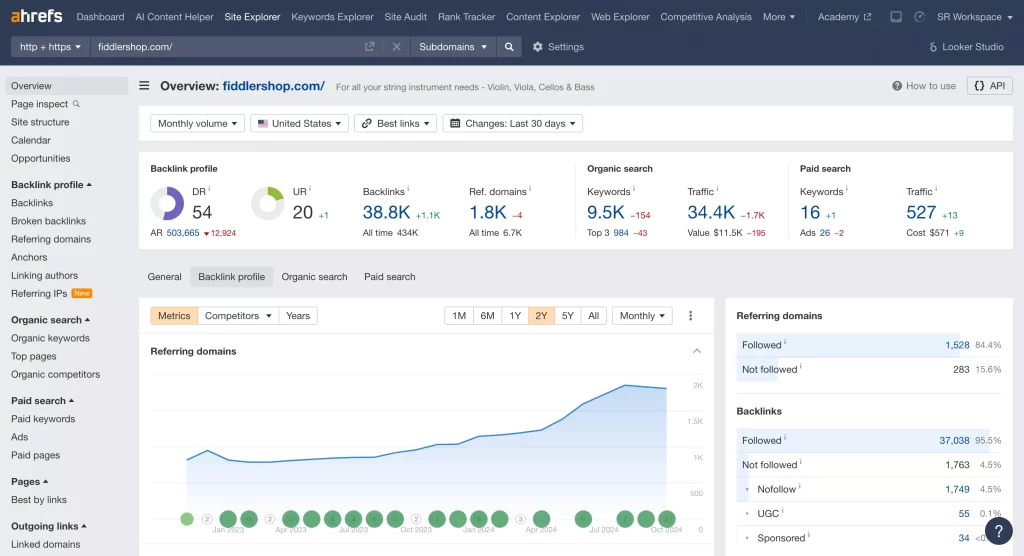
So, what are the types of backlinks that matter today?
Contents
Toggle1. Editorial Links
Editorial links are highly coveted because they signal authority and trust. These links come from natural mentions in articles, blogs, and other media without a direct request from you. Earned links through strong content, positive press coverage, or expert quotes are strong indicators that people trust your site, which helps your pages climb higher in Google’s SERPs.
Why They Matter:
- They are seen as the most organic form of a backlink, showing that other authoritative sources value your content. These links are referential in nature and could only be acquired if you have great content published on your site or if you have a link-worthy product.
- They help position your brand as a leader in your industry. Editorial links from reputable sites can serve as social proof and enhance your thought leadership.
- Drive referral traffic from reputable sources, increasing the likelihood of converting visitors into leads or customers. When other publishers recommend your product/service through links, it’ll help assist conversions.
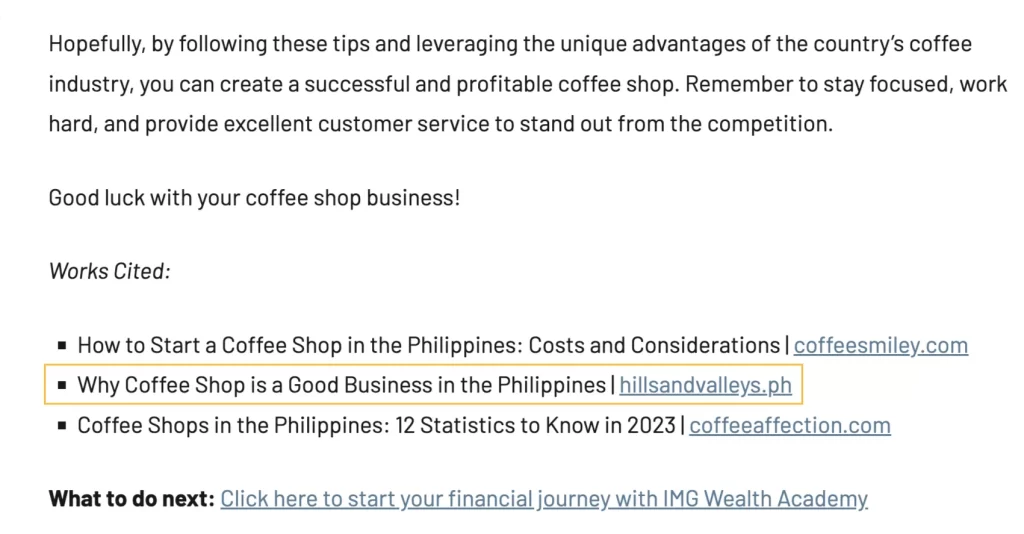
How to Get This Type of Link?
- Publish High-Utility Content Assets: Create content that fills a knowledge gap in your industry, such as in-depth guides, unique case studies, or proprietary research. Content that educates or provides a solution naturally attracts editorial links. In today’s age, providing new information (“information gain”) is critical as it attracts established authors who are looking for new bread of industry information for their audience.
- Leverage PR: Use media outreach to promote new products, reports, or expert opinions that could be picked up by publications or influencers in your field. Subscribe to Mark Rofe here, as he shares actionable regular tips on how to utilize digital PR to its fullest.
2. Links That Drive Second-Hand Traffic
These backlinks come from niche forums, community discussions, or recommendation pages, and while they may not carry the same SEO weight as editorial links, they’re highly valuable for driving targeted, second-hand traffic.
It is usually known as second-hand traffic, but it doesn’t diminish its value. The traffic that comes from recommendation and community sites is as powerful as editorial links.
Why They Matter:
- Links from community-driven sites (such as niche forums or “how-to” pages) often bring users who are further along in their decision-making process. These visitors are more likely to convert as they arrive at your site already looking for solutions or recommendations.
- They create diversified traffic streams, making your site less reliant on organic search traffic.
How to Get This Type of Link?
- Engage in Niche Communities: Participate in niche forums or communities where your target audience hangs out. Contribute genuinely by sharing insights and solutions, which can lead people to link to your site as a resource. Pro Tip: Don’t try to push hard on your product recommendations if they are not relevant. It would otherwise backfire on your brand if you do so.
- Provide Solutions on Q&A Sites: Sites like Quora or Reddit can be goldmines for getting these types of links. You can gain backlinks and traffic from these platforms by answering questions and providing value.
- Invest as much time to see opportunities further. When there are opportunities to add value with your product recommendations (as authentic and as useful as they can be), don’t hesitate to answer in the discussions.
3. Links From Ranking Pages
Links from pages that already rank well in search results carry a unique value. These pages receive a constant flow of organic traffic via rankings, and the authority from their position in the rankings can pass on to your site.
I see it as banking on other pages’ authority, as these pages may be seen as relevant to certain queries I may have wanted to rank for either informational or commercial keywords.
Why They Matter:
- Ranking pages are highly authoritative in the eyes of search engines, so a backlink from them holds more weight.
- They ensure a steady flow of referral traffic, as users continually find these pages through search.
- These links often come from content that is highly topical relevant to your site, further boosting your rankings in specific keyword niches.
How to Get This Type of Link?
- Outreach to Ranking Sites: Identify sites that rank well for your target keywords, and offer value through guest posts or content collaborations through SEO outreach. Focus on content that enhances their ranking pages, like providing an expert opinion or data that complements their existing material. Make sure you’re adding unique information that isn’t yet found on the page to increase the likelihood of getting your pitch noticed (and hopefully acquiring the link from the page).
- Get Included in Listicles: Reach out to sites that create “best of” or “top X” lists related to your niche. Offering a compelling reason why your product or service should be included can earn you a spot on these high-traffic pages. See which angles or unique POV your products or services could offer that would be irresistible to add to the page.
4. Contextual Links from Distributed Content
Contextual links embedded within relevant content (such as guest posts, listicles, or interviews) are highly valuable because they integrate naturally into the flow of information and provide search engines with strong context about your site’s relevance.
Compared to reaching out to get added, you need a compelling reason—a content piece that adds new information to the industry’s knowledge base—to have a chance for link placements.
Why They Matter:
- Contextual links within content carry more SEO weight than sidebar or footer links because they are part of the main content, signaling to search engines that they are directly relevant to the topic.
- These links also tend to drive better referral traffic since they appear organically as part of an informative resource.
How to Get This Type of Link?
- Guest Posting on Targeted Sites: Focus your guest blogging efforts on sites that serve your intended audience. Aim to provide content that adds value and is relevant to the readers of those sites. Pro Tip: we use Ahrefs’ Domain Rating (DR) and SEMRush Traffic to see if a potential publisher is worth contributing content to. Benchmark must be Ahrefs’ DR 25 and above, and with existing organic traffic of 1,000, and without history of traffic drop (or algorithmic penalties).
- Leverage Your Author Portfolio: If you’ve built a portfolio of high-quality content, use authorship as leverage to contribute to reputable sites with high Domain Ratings (DR). Match your contributions to your professional profile, which increases your chances of landing a contextual backlink on relevant sites. Pro Tip: If you’re working with SEO clients, you can use thought leaders or in-house experts in the company who want to build their personal brand. Collaborate with them by assisting them in doing the outreach yourself and letting their content be submitted with links to their personal site and your client’s site.
5. Thought Leadership Links
Thought leadership links come from opportunities such as public speaking, podcasts, and interviews. These links establish your authority in your niche and extend your digital footprint beyond written content.
Why They Matter:
- Links from organizations or events where you’ve presented establish you as a thought leader and build credibility not just with search engines but also with your audience. They also help your site optimize for large language models (LLMs) like ChatGPT, Perplexity, and AI Overviews, which rely on information from other publishers.
- They can diversify your backlink profile by incorporating non-traditional SEO sources, making it harder for competitors to replicate. This type of backlinks require depth of expertise and personal brand to garner a chance.
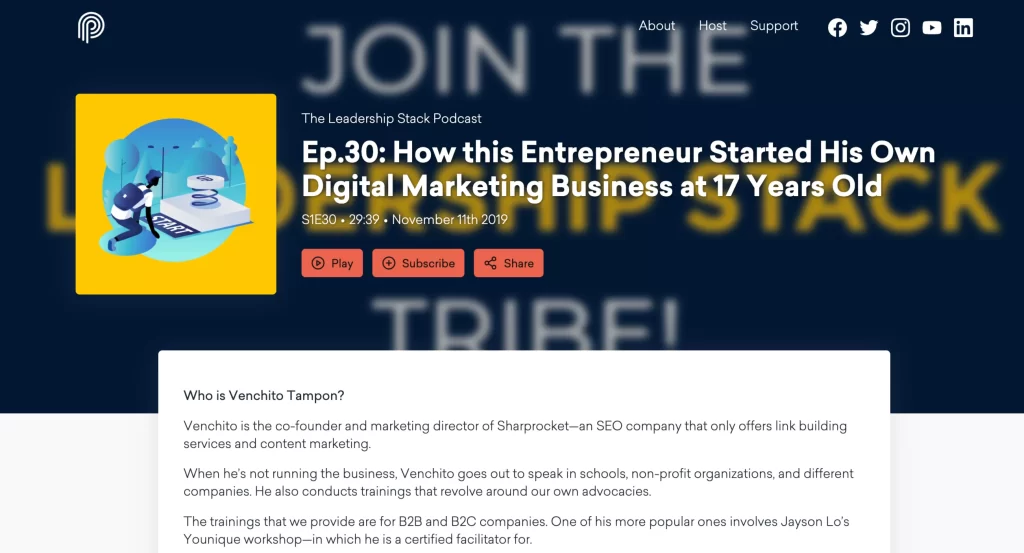
How to Get This Type of Link?
- Guest Speaking: Look for opportunities to speak on podcasts, at conferences, or in webinars. This builds your authority and earns you backlinks from the event or podcast host’s site.
- Leverage Personal Interests: If you have interests outside of your professional domain (e.g., personal development, productivity), use these as angles to land guest spots on podcasts or content collaborations outside your main niche. These can still drive relevant traffic to your site. For instance, I do corporate training on topics related to personal development, leadership, career, sales, and customer service. This allowed me to diversify my approach to guesting that other SEO and digital marketing speakers can’t easily access to unless they have similar personal interests.
6. Product-Led Links
Product-led links are earned by offering valuable tools, templates, or services that can be highly utilized by targeted audiences. They act like an extension of a first-touch experience, as they get to have immediate access to premium features your tools provide.
Why They Matter:
- Offering no-cost products like calculators, checklists, or apps can generate consistent backlinks because these resources are highly shareable. It also helps potential customers convert, as they get to experience first the value before making a purchasing decision.
- These backlinks are sustainable since they continue to attract new links as more users discover and share your product.
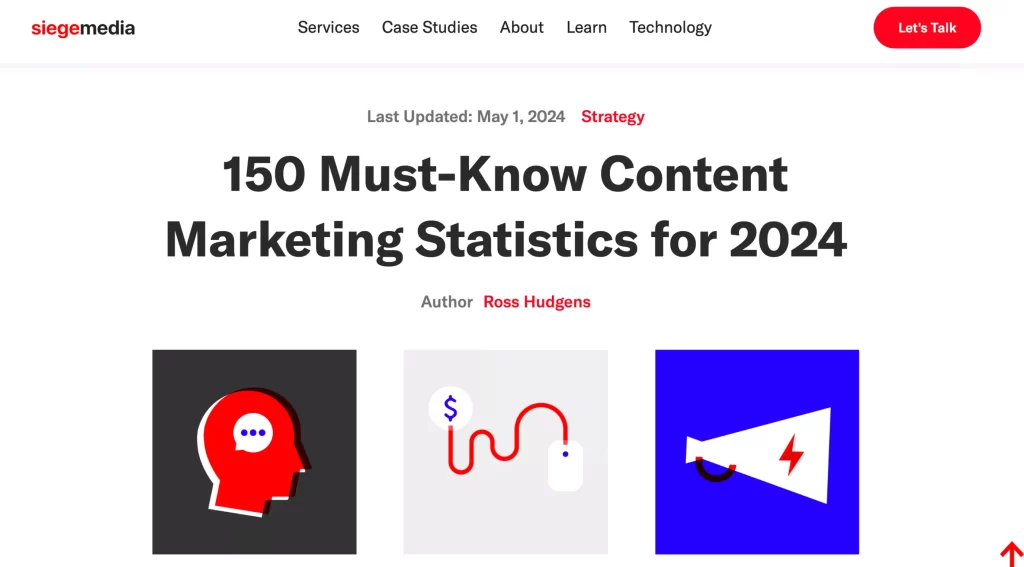
How to Get This Type of Link?
- Develop Free Tools or Resources: Create high-utility resources like free templates, checklists, or tools that your target audience finds useful. Distribute them through your site or platforms like Product Hunt to get the word out.
- Ask your networks in the industry to share your new tool or resource: Send emails to friends and networks in your space to gain early traction for your product-led content assets.
- Outreach to Resource Pages: Actively promote your tools or services to websites that curate lists of free tools. These pages often attract significant traffic and can generate long-term backlinks.
Get The Type of Backlinks That Count
Not all backlinks are equal in SEO value, and understanding which types of backlinks move the needle for your business is crucial.
Focus on building hard-to-replicate, high-quality links that enhance your authority, drive traffic, and generate leads.
Whether it’s through editorial mentions, contextual links, or product-led backlinks, prioritizing quality over quantity will lead to more sustainable SEO success.
Written By
Venchito Tampon
CEO and Co-Founder at SharpRocket, a link building agency. With a decade of experience, Venchito has a proven track record of leading hundreds of successful SEO (link builidng) campaigns across competitive industries like finance, B2B, legal, and SaaS. His expert advice as a link building expert has been featured in renowned publications such as Semrush, Ahrefs, Huffington Post and Forbes. He is also an international SEO spoken and has delivered talks in SEO Zraz, Asia Pacific Affiliate Summit in Singapore, and Search Marketing Summit in Sydney, Australia. Check out his other business - Hills & Valleys Cafe.
Reviewed By

Sef Gojo Cruz
COO at SharpRocket, overseeing end-to-end operations, from crafting link building strategies to leading high-performing teams. Previously led SEO initiatives at Workhouse, a digital agency in Australia, and Keymedia, a real estate media company based in New Zealand.
How our LINK BUILDING AGENCY in UK builds 250 links/mo consistently using Predictable Link Building Methodology™…
- Using a SIMPLE and PROVEN system
- Using a SCALABLE strategy
- No private blog networks
- No creepy outreach emails
